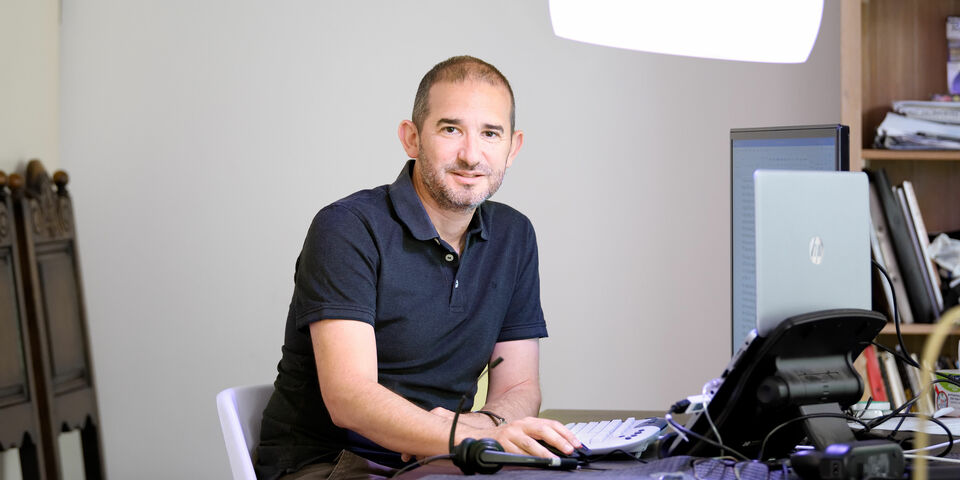CBL anyone?
With its vision 2030 the TU/e is putting challenged based learning (CBL) as one of its spear points for the education of the future in Eindhoven. But how much do we really know about the effectivity of CBL for the average TU/e student? Can we still get off the CBL train or has the train already left the station leaving some of the future TU/e students behind?
Challenge based learning was first conceptualized according to Wikipedia in the Apple Classrooms of tomorrow project initiated in 2008. It promotes learning through solving real-world problems by applying different skills and knowledge, mostly in the context of group assignments.
At TU/e the best and most successful demonstration of the impact of CBL are our beloved student teams. The fantastic achievements of student teams (Solar Team, STORM, SENSUS, iGEM, SOLID, CASA etc...) demonstrate that by being involved in doing, students grow and learn much more than they do by sitting in lecture rooms. In fact, learning from experience is most likely the best way of learning as Aristotle said “…we are what we repeatedly do. Excellence then, in not an act, but a habit”. Very famous is the 10,000 hour rule first suggested by Anders Ericsson et al.
In that respect, if we want to enhance the learning of our students, we should probably teach them only one course a year, as time-on-task is clearly the most crucial parameter for ensuring deep learning.
But on the way to teach our students through experience something has gone wrong. It seems that instead of giving our students a chance to hone their skills by solving real world challenges within the safe walls of the university, some have interpreted CBL as silver-bullet that will guarantee excellent graduates with deep understanding of their discipline regardless of when and to whom we apply this technique.
Many universities and schools who report on the success of CBL in their curriculum have the privilege of practicing extreme selection in their admittance policy (1 in 100 students accepted is not an exception). For these highly motivated students, who BTW have all completed the secondary school education at the top of their respective classes, the prospect of working on open-ended and challenging educational project is a god send.
At TU/e we have the privilege of educating many clever young people, but no selection is applied (a grade-point average of 5.51 for the high school diploma and the right level of maths and physics is enough). As 70-90 percent of our students are Dutch, they also come from a secondary education system who teaches reproduction to the extreme.
Offering these students open ended challenges in the first months of their studies, hoping that via a challenge they will become motivated to develop deep understanding of the underlying theoretical concepts is not only naïve but also very risky. As the disciplinary studies in the TU/e are built on a coherent build of knowledge, missing some basic calculus or physics knowledge can create critical gaps of knowledge. In addition, not all our students are the American extrovert type. 30-40% of people are introverts and this applies also to our students. And introverts will often prefer to learn on their own rather than be exposed to hectic group dynamics. Finally, many of our CBL ambitions also carry the flag of interdisciplinarity or multi-disciplinarity. But as a 1st year student none of our young students can claim a discipline. They think they want to be mechanical/chemical/electrical engineers but have truly no actual knowledge of being one. In that context interdisciplinary is as meaningless as intergalactic.
The solution is very simple. First ensure that CBL is optional. For our students who want to work on open ended challenges, we should make this possible, oh, wait a minute, we do not need to invent this, we already have STUDENT TEAMS!
Second: we need to introduce CBL indeed as an interdisciplinary educational format, so at the phase of studying that our students have already obtained disciplinary skills. Perhaps during the last year of their studies? Or early in their Masters?
If we are not careful, we will be implementing CBL so deeply and widely into our curriculum that we might lose touch with our potential student population which are standing in the train station waiting to board the TU/e train. Maybe we should instead let the “same train ride” and just add some more stops on the way to the diploma?


Discussion